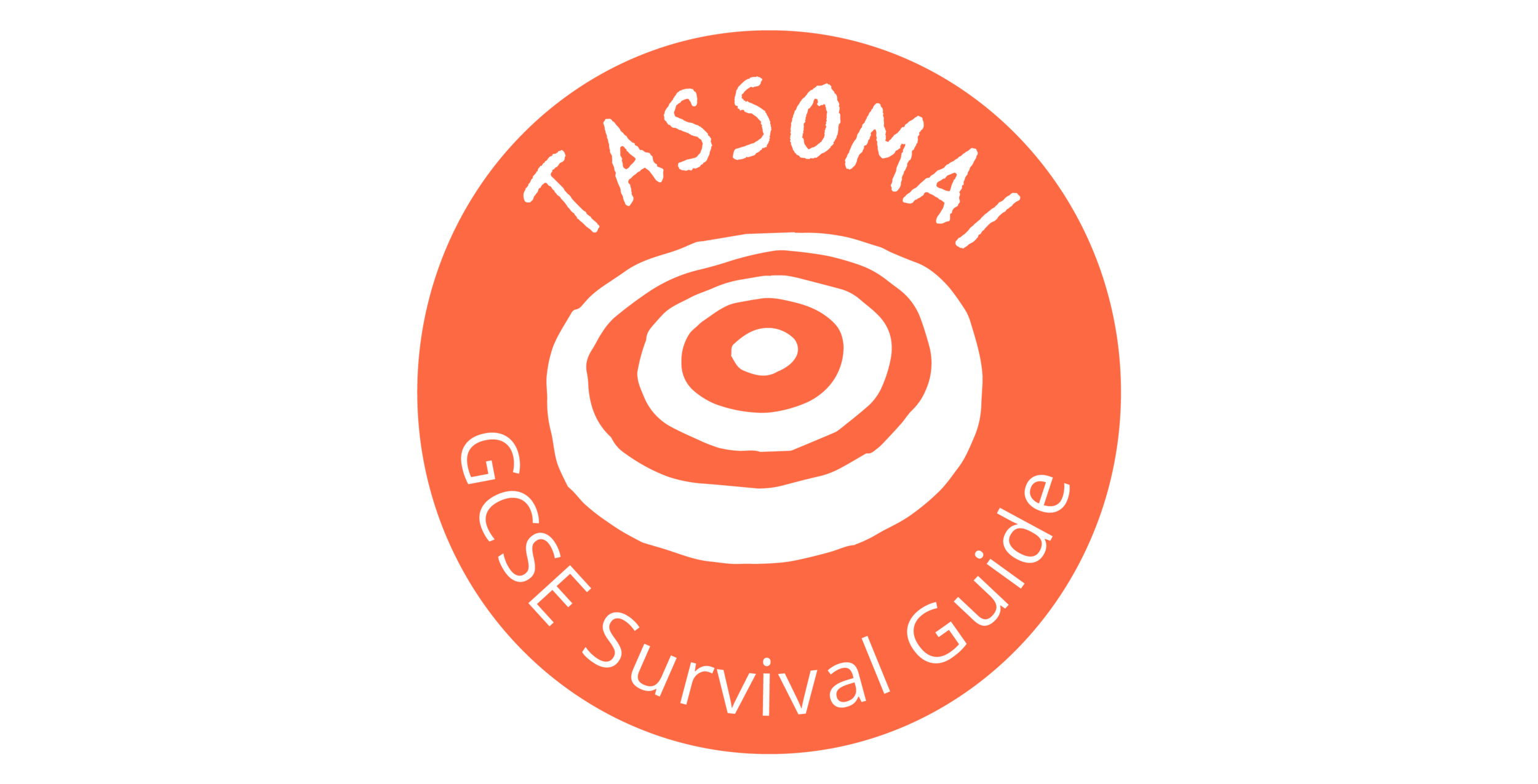Common problem areas in GCSE science
Matt Green, The Rapping Science Teacher on TikTok and the owner of JGM Science Tutors, speaks to Tassomai about the trickiest topics in GCSE science and how students can get ahead by tackling them early. Matt also contributed to our GCSE Survival Guide for parents and is an expert in science revision.
Science is one of those subjects where certain topics come up as problem areas year after year. This isn’t the fault of the teachers, there are just some topics that are harder to wrap your head around than others and that is completely normal. If your child can master them early then they’ll feel ahead of the game - everything is always easier once you know you’ve tackled the worst jobs first.
Overlapping topics
There are always students who struggle with some elements of physics and it is often because their confidence is also low in maths. The two subjects have a lot of overlap: if a student is finding concepts difficult in maths, then similar topics involving graphs and equations in physics will throw them into a panic before they’ve even started to address the questions in front of them. If your child is already confident in maths then this is a great indicator that they will have an easier run of things when it comes to physics. Revising maths well and giving it a good amount of attention can really help bolster students’ grades and confidence in physics too.
Biology can often have the opposite problem with students who are less keen on maths tending to thrive in their study of the subject, whereas those who are strong in maths can really struggle with the vast spread of different concepts in biology. It all depends on their learning style and what clicks best with them. Of course, none of this is prescriptive and students will always have some sticking points in each subject where they need a bit of extra work, but that is why we revise!
Matt Green is a contributor to Tassomai’s GCSE Survival Guide, a free 28-page handbook, full of practical tips and expert advice to help families navigate their way through GCSEs. Download your copy of the GCSE Survival Guide here.
What do students tend to find trickiest in each science subject?
Biology
Biology definitely has the most even spread when it comes to what students struggle with. It is different every year and there aren’t too many key topics that reoccur time and time again, but life processes are definitely one of the most difficult topics to grasp - namely photosynthesis and respiration. Most adults mistake respiration for breathing, so it is understandable that it is often misunderstood by students too. That being said, once it clicks students don’t tend to forget it.
Chemistry
The majority of students have issues with the C4 topic in chemistry, which revolves around quantitative chemistry and moles - even knowing what ‘moles’ are (not the animal) and mean can be a struggle, let alone being able to apply it.
Parents also come to me a lot for tutoring on electrolysis. One of my TikTok videos on this topic went viral and I think it’s because it’s so hard and students genuinely find it hard to wrap their heads around. It is common for students to come out of an electrolysis lesson and immediately not remember anything about what they just learnt as soon as they’re out of the door. I’ve thought about this a lot and I think it is mostly because it is so removed from everyday life. What are ions? Why is electricity involved? What’s the point in learning about this?
For most topics I can give students clear examples of how they work in real life and how they interact with them everyday, like photosynthesis, energy and forces, but it is a bit harder to bring electrolysis ‘to life’. I often ask students: “if you were president of the world, would you get rid of XXX concept?” and most of the time this helps them to realise its importance. Luckily the best way to remind them of the importance of electrolysis is to point out that pure metals are necessary for almost every bit of technology they use in their everyday lives, so without electrolysis their lives would be very different and that tends to help them see the ‘point’.
Physics
The biggest issue in physics, particularly for students who are less confident in maths as I said before, tends to always be equations and triangles. It’s important for students to not be scared off by these topics even if they aren’t so sure about them because if they shut down immediately when they see a topic involves maths, they might be missing out on something they’re actually good at.
Become the master
The best way to build confidence, as many teachers will tell you, is to start with the topics that you find hard to understand. It can be a really great motivator for a student to feel like they’ve mastered a topic they are told is the ‘most difficult one on the course’, because from that point on everything gets easier and slots into place.
I love to direct people to my rapping videos but I must admit that it’s not yet a full syllabus - I’m hoping it will be in about two years time and I’ll have videos for every topic. For now, following my TikTok can just be an extra refresh of knowledge that helps to jog their memory of a topic. Making learning interactive and fun, while still keeping a methodical structure is the best way to get knowledge to stick in a student’s memory.
- Matt Green



























